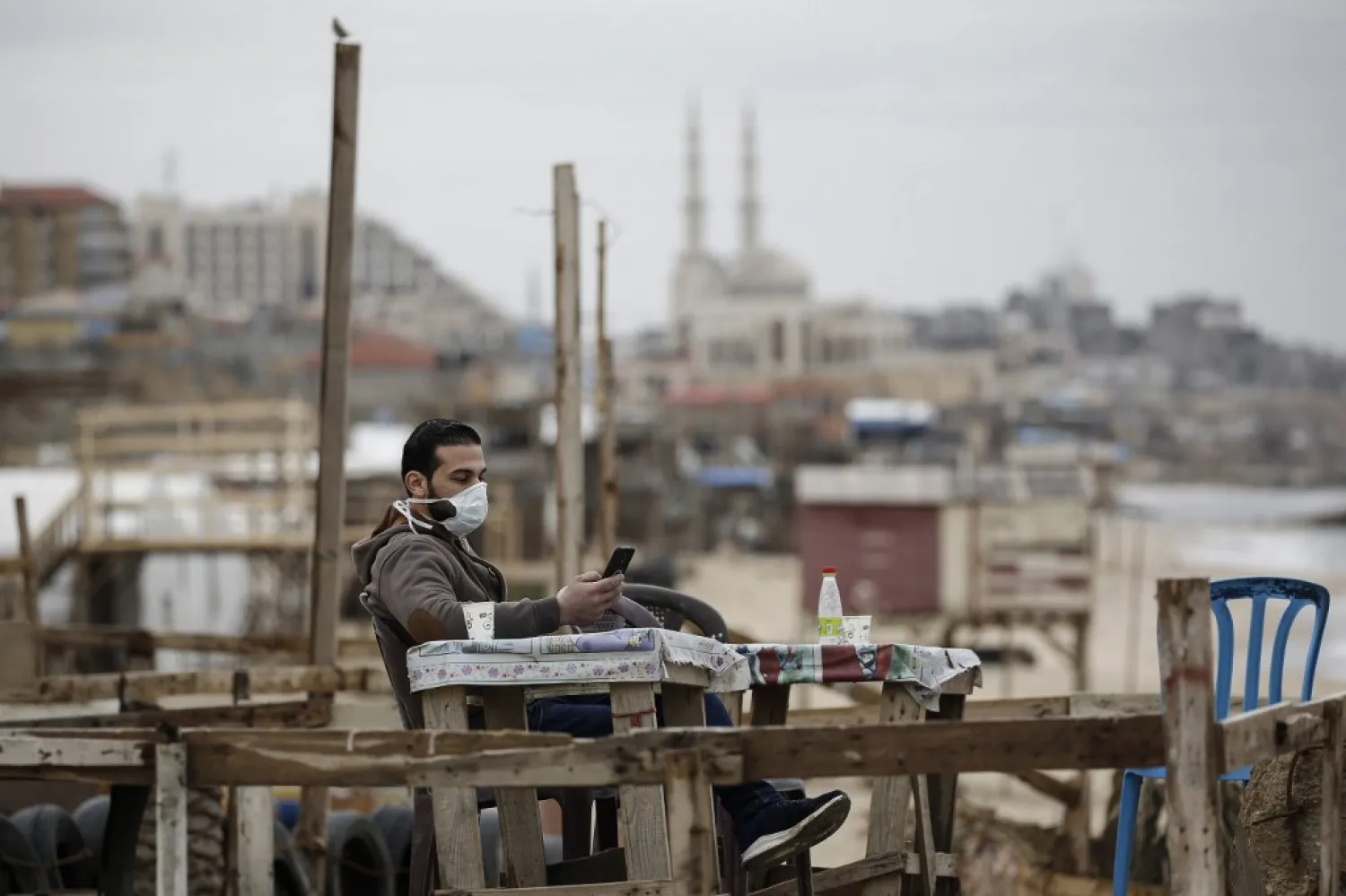UN Special Coordinator for the Middle East Peace Process Nickolay Mladenov announced that a temporary arrangement has been reached to treat Gaza patients abroad.
“A temporary arrangement has been agreed to support Palestinian patients and companions from Gaza to access essential health services outside the Strip,” tweeted the official.
He did not disclose any details about the agreement, but thanked the World Health Organization in the Occupied Territories, UN Development and Humanitarian Coordinator in Palestine Jamie McGoldrick, and the UN Special Coordinator of the Middle East Peace Process (UNSCO) for their “amazing work with all parties.”
Ynet said Israel would allow Gaza patients to enter its hospitals and hospitals in the West Bank, amid a severe shortage of medical staff and equipment in the coastal enclave.
Qatar recently sponsored a truce agreement in the Strip, which includes ending the escalation in exchange for the entry of funds and a set of facilities into the territories.
Israel canceled the last set of sanctions it imposed on Gaza, reopened the crossings, allowed entry of fuel into the Strip and permitted fishermen to return to the sea, while the parties are working to accelerate the establishment of the US field hospital and entry of 7,000 workers from Gaza to Israel.
Allowing Gaza patients to enter Israel is part of the UN-sponsored agreement after the suspension of transfers from the Strip prompting hundreds of patients to seek help from human rights organizations.
Medical organizations, the Palestinian Center for Human Rights (PCHR) and al-Mezan Center for Human Rights in Gaza warned that the conditions of patients in the Strip is deteriorating, especially as most of them are treated in West Bank and East Jerusalem hospitals.
Many Gazans need to be transferred outside the enclave to receive treatment for serious diseases, including cancer.
PCHR issued a statement regarding the “dangerous decline in treatments provided to cancer patients in the Gaza Strip,” adding that the city suffers from lack of adequate diagnostic services, and doesn't have the necessary chemotherapy or radiotherapy treatments.
The Center fears this would affect the lives of cancer patients, given the weak health system as a result of the Israeli blockade imposed on the Gaza Strip 14 years ago, which is a real threat to the lives of the patients.
There are at least 8,000 cancer patients suffering severely due to the lack of necessary treatment, in light of the severe restrictions imposed at the crossings in the Strip, after the declaration of the state of emergency and the suspension of coordination between the Palestinian Civil Affairs Authority and the Israeli authorities.
The measures led to an unprecedented decline in the number of patients traveling through the Beit Hanoun crossing during the last five months, which negatively affected the health conditions of cancer patients who did not have a suitable alternative in Gaza.









